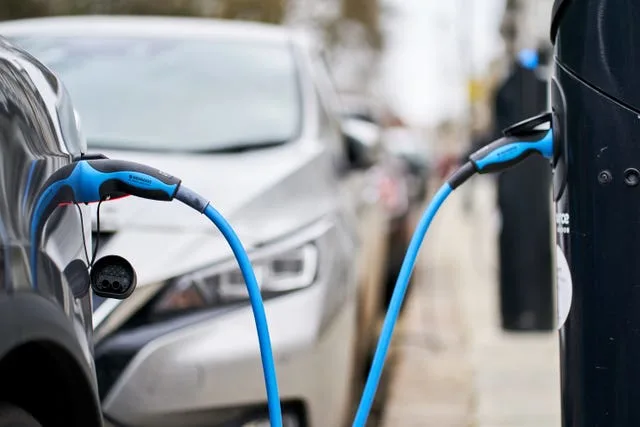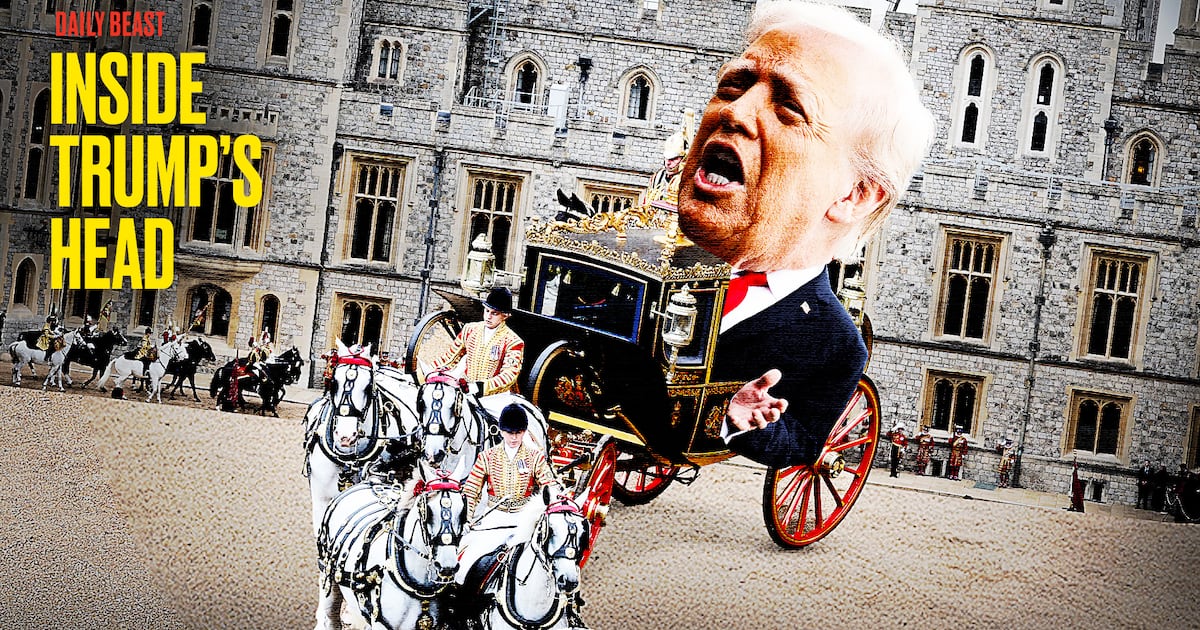By Nick Lester, Chief Lords Reporter
Copyright yahoo

Road pricing could provoke “a major rise” in divorce when couples can see where their spouse has been going, a peer has warned.
The “privacy issue” was raised in Parliament as ministers faced renewed calls to consider the “pay-as-you-go” driving charge in addressing the decline in fuel duty revenue as motorists switch to electric cars.
However, the Labour Government has insisted it has no plans to introduce road pricing.
In 2022, the Commons Transport Select Committee urged the Treasury and the Department for Transport to start an “honest conversation” about how to maintain investment in roads and public services in the face of falling tax revenues.
The MPs said they had not seen a “viable alternative” to a road pricing system, which uses technology to track the movement of vehicles and charges drivers based on distances covered.
Speaking during a question on road pricing in the House of Lords, independent crossbencher the Earl of Erroll said: “Does the minister agree that there is in fact a huge privacy issue here?
“If, maybe in a marriage, someone can see where their other half has been going when they are not around, it could well cause a major rise in the divorce rate and other things.”
Responding, Treasury minister Lord Livermore said: “That is an interesting question, but it is one that I have no view on since we have no plans to introduce road pricing.”
Earlier, Tory former transport secretary Lord Young of Cookham said: “As electric vehicles become the norm, fuel duty revenue will fall away.
“That can be made good by road pricing based on the distance a motorist travels, the time and the place.
“Modern technology makes that possible. It would reduce congestion and make better use of our railways.
“The minister’s Treasury colleague, Torsten Bell, has written a publication strongly supporting road pricing, so might he have a conversation with him?”
But Lord Livermore said: “The Government have no plans to introduce road pricing.
“As he will know, we need to balance several objectives. We must always ensure fiscal stability and sustainability, motoring must remain affordable for consumers and we must support the decarbonisation of the transport sector.
“Achieving these objectives means that we need to take a balanced approach.”
The minister pointed out electric vehicles now fell in scope of vehicle excise duty, which was forecast to raise an additional £1.6 billion every year by the end of the Parliament.
He also highlighted the extension of the 5p fuel duty cut and incentives for people to buy new electric vehicles.
Former BBC chief Lord Birt, who served as an adviser to Tony Blair when prime minister, said: “When I worked at No 10, I led a team, which had Treasury representation, that looked at road-user charging alongside other transport issues.
“Does the minister accept that a flexible system of road-user charging could bring many benefits, such as an allocation of free mileage for the less well-off, rates set to incentivise decarbonisation and dynamic pricing to reduce peak-time congestion?”
Lord Livermore said: “I absolutely recognise the considerable expertise and experience that he has in this matter — experience and expertise that is probably found right across this House.
“I do not have specific thoughts on the specific points he raises because, as I say, we have no plans to introduce road pricing.”



